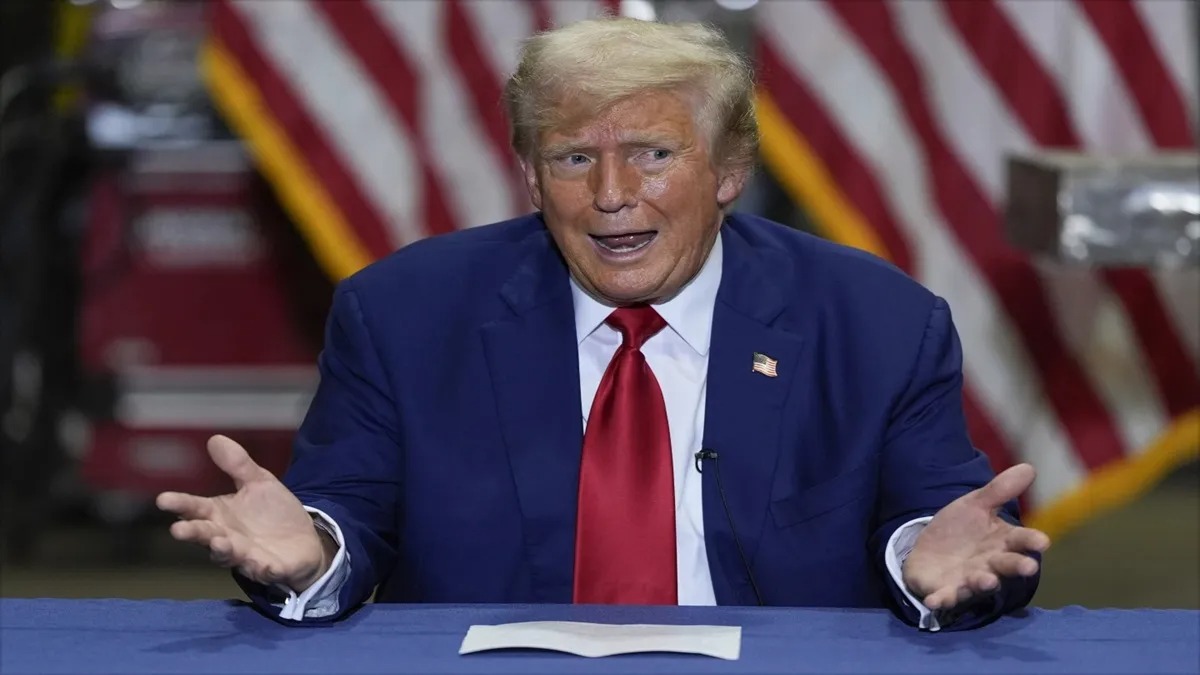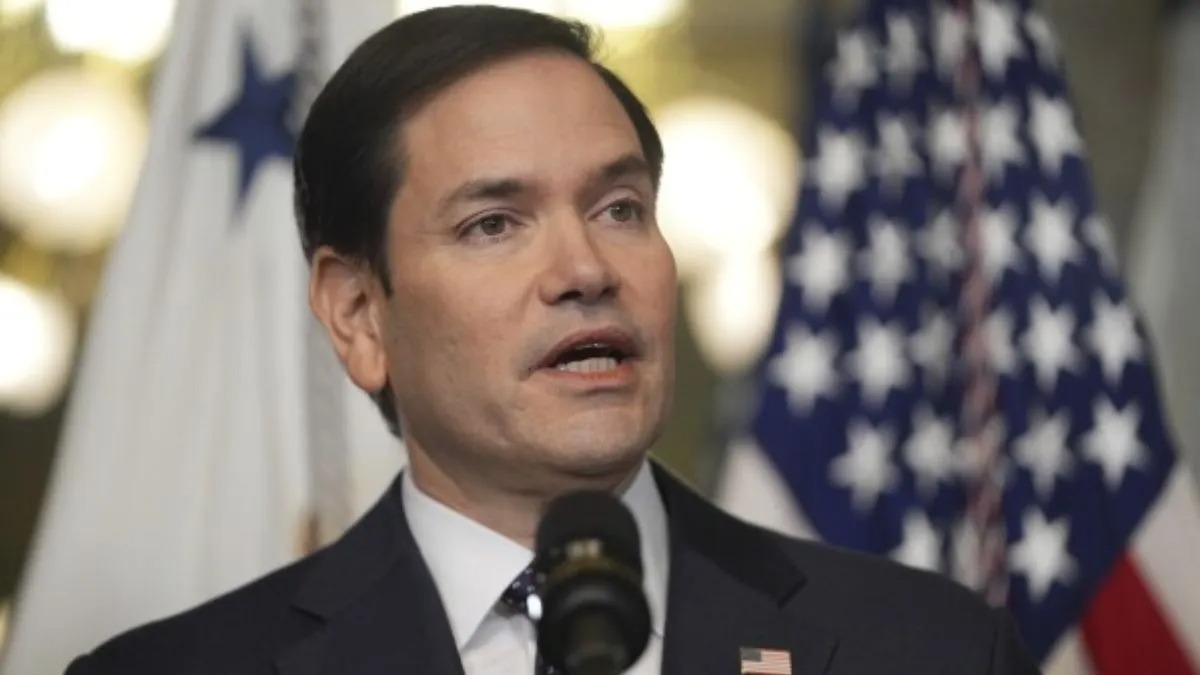
U.S. President Donald Trump has unveiled a sweeping plan to impose reciprocal tariffs on foreign nations that, according to his administration, apply unfair duties on American goods. This announcement marks one of the Trump administration’s most aggressive economic actions to date and is being labeled internally as "America's Liberation Day."
What is the ‘Dirty 15’?
U.S. Treasury Secretary Scott Bessant introduced the concept of the “Dirty 15”—a group of countries that represent around 15% of America’s trading partners but impose disproportionately high tariffs on U.S. exports. While no official list was disclosed, trade data from the U.S. Commerce Department provides insights into likely candidates.
According to 2024 trade deficit figures, the countries with the largest gaps include:
China
European Union
Mexico
Vietnam
Ireland
Germany
Taiwan
Japan
South Korea
Canada
Thailand
India
Italy
Switzerland
Malaysia
Indonesia
Trump has repeatedly accused these countries of exploiting the U.S. through lopsided trade practices and excessive import duties.
21 Countries Under Review for Unfair Trade Policies
The U.S. Trade Representative (USTR) has identified 21 nations that are suspected of engaging in unfair trade practices and may be subject to further reviews. This expanded list includes:
Argentina, Australia, Brazil, Canada, China, EU, India, Indonesia, Japan, South Korea, Malaysia, Mexico, Russia, Saudi Arabia, South Africa, Switzerland, Taiwan, Thailand, Turkey, UK, and Vietnam
These countries are now under scrutiny as the U.S. prepares to respond with equivalent or higher tariffs.
What Will the Tariffs Look Like?
While specific tariffs have not yet been detailed, the Trump administration plans to apply reciprocal duties—matching or exceeding the tariffs those countries impose on U.S. goods.
Examples cited by the White House include:
European Union: 50% duty on U.S. dairy
Japan: Up to 700% duty on U.S. rice
India: 100% on U.S. agricultural goods
Canada: Nearly 300% on U.S. butter and cheese
In response, the U.S. may enforce similar tariffs on imported goods from these nations.
Implications for Global Trade
This policy shift is expected to spark renewed trade tensions between the U.S. and several key economic partners. Analysts warn it could lead to a global tariff escalation and pose challenges to supply chains and trade negotiations worldwide.

 Share
Share






